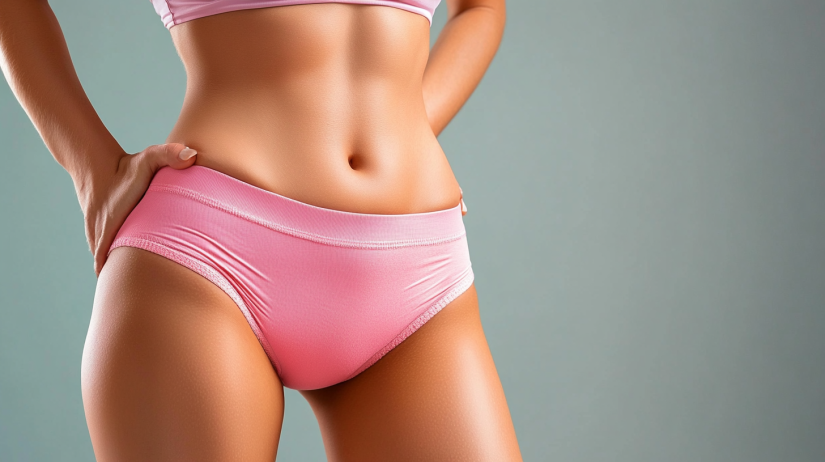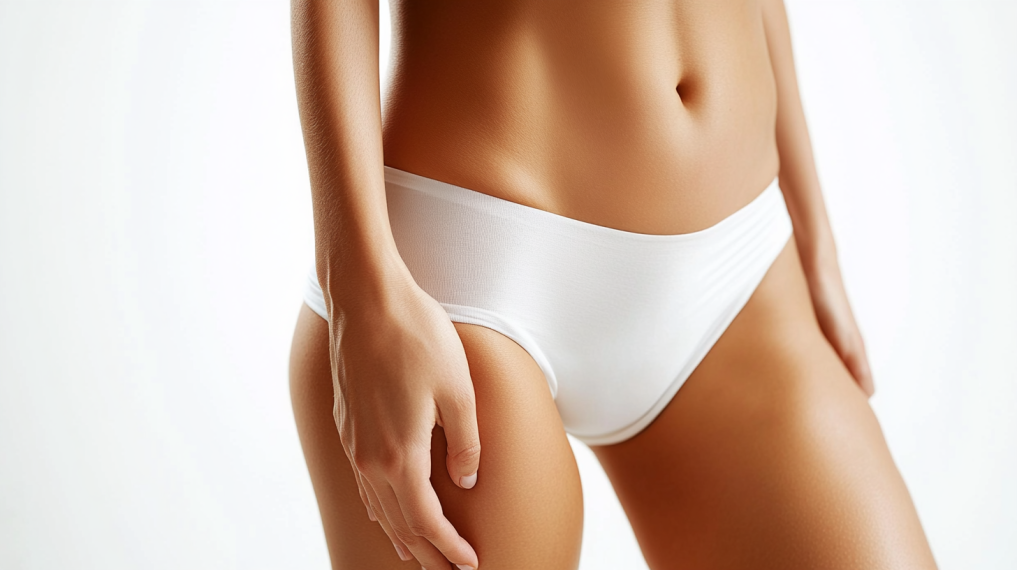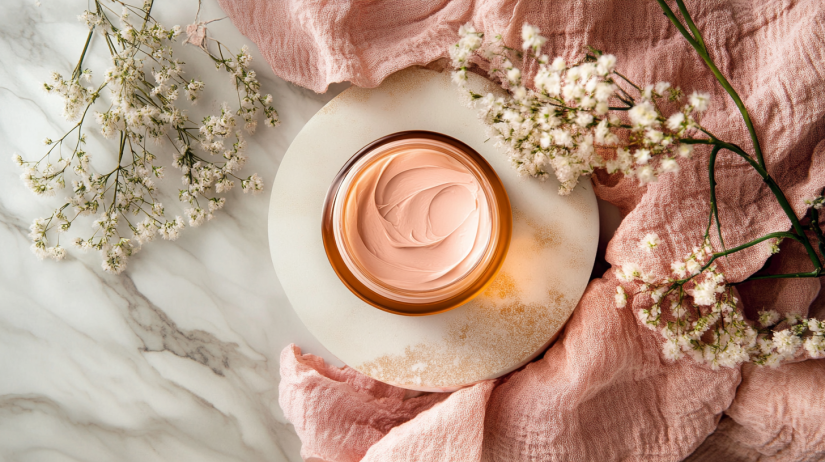
Have you ever looked in the mirror and thought, “What’s up with this dimpled skin?” Well, you’re not alone! Cellulite affects nearly 90% of women at some point in their lives, regardless of their size. Now, let’s dive into the truth about collagen and cellulite. Is it a magical solution or just another myth? Buckle up, because we’re about to unravel this mystery!
What is Collagen?
First things first, let’s talk about collagen. This magical protein is like the scaffolding of our skin. It provides structure and elasticity, keeping our skin looking youthful and firm. However, as we age, collagen production decreases—much like our patience during a long line at the grocery store! This decline can lead to sagging skin and yes, the dreaded cellulite.
How Does Collagen Relate to Cellulite?

Now, here’s where it gets interesting. Cellulite forms when fat cells push through weakened connective tissue under the skin. You see, collagen plays a vital role in maintaining that connective tissue. So, when there’s not enough collagen to keep things tight, those pesky fat cells start showing off their dimples. It’s like a game of hide and seek gone wrong!
The Myth of Collagen Creams
You might be thinking, “I’ll just slather on some collagen cream!” But hold your horses! Unfortunately, collagen molecules are too large to penetrate the skin effectively. So while your skin might feel nice and moisturized, those creams won’t do much for your cellulite. Think of it as putting a Band-Aid on a broken leg—nice try, but not quite effective!

Collagen Supplements: Are They Worth It?

Now let’s discuss collagen supplements. Many people swear by them for improving skin texture and reducing cellulite appearance. Research shows that specific collagen peptides can help improve skin elasticity and hydration over time. However, patience is key here! You won’t see results overnight; it might take several months before you notice any changes.
Lifestyle Factors That Influence Cellulite
While collagen plays a role in skin health, it’s not the only player in this game. Factors like diet, exercise, and hydration also significantly impact cellulite appearance. For instance:
- Diet: Eating a balanced diet rich in antioxidants can help maintain skin health.
- Exercise: Regular physical activity improves circulation and tones muscles, which may reduce the visibility of cellulite.
- Hydration: Staying hydrated keeps your skin plump and may help minimize the appearance of those dimples.
The Bottom Line: Myth or Magic?
So what’s the verdict? Collagen isn’t a magic bullet for cellulite but can be part of an effective strategy when combined with a healthy lifestyle. While it strengthens connective tissue and improves skin hydration over time, it’s essential to manage expectations.



